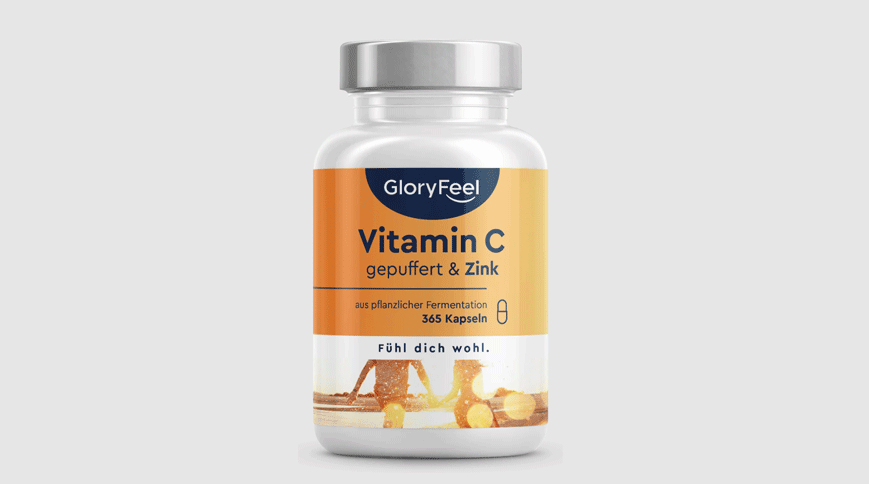To grow and metastasize, cancer tumors require a constant supply of oxygen and nutrient-rich blood. This requires the formation of new blood vessels on top of existing ones, a process known as angiogenesis. When tissue is starved of oxygen, cancer cells in the affected area send chemical signals that prompt endothelial cells to form new blood vessels.
Researchers at Karolinska Institutet in Sweden studied the mechanisms of angiogenesis and found that antioxidants play an unexpected role in the growth and spread of tumors.
Vitamin E (pixabay)
“We found that antioxidants activate a mechanism that leads to the formation of new blood vessels in cancer tumors, which is surprising because antioxidants were previously thought to be protective,” says Martin Bergö, corresponding author of the study. The new Blood vessels nourish the tumor and help it grow and spread.”
Typically, antioxidants scavenge free oxygen radicals in the body’s cells, preventing or reducing damage caused by oxidative stress. Oxidative stress is known to damage DNA and regulate the development of various cancers, including breast, lung, liver, colon, prostate, ovarian and brain cancers.
“Antioxidants in common foods are not to be feared, but most people don’t need to consume more of them,” Berger said. “In fact, it can be harmful for cancer patients and those at elevated risk of cancer.” .”
Researchers have previously shown that antioxidants such as vitamins C and E accelerate the growth and spread of lung cancer by stabilizing a protein called BACH1. The protein is activated when levels of free oxygen free radicals in the body drop, which is the case when additional antioxidants are consumed in the diet, or when tumors develop spontaneous mutations that activate antioxidant production will happen.
In the current study, the researchers conducted most lung cancer studies using lung cancer organoids grown from patients, but also studied mice and human breast and kidney tumor samples. They found that tumors that activated BACH1 through intake of antioxidants or BACH1 gene overexpression produced more new blood vessels and were highly sensitive to angiogenesis inhibitors.
BACH1 (public domain)
Angiogenesis-inhibiting drugs are used to treat cancer with varying effectiveness and nasty side effects.
“Many clinical trials have evaluated the efficacy of angiogenesis inhibitors, but the results were not as successful as expected,” said Ting Wang, the study’s first author.
The researchers found that BACH1 also induces angiogenesis through a mechanism that does not require hypoxia; that is, tumors can form new blood vessels in the presence of normal oxygen levels. They also found that BACH1 is similarly regulated by the hypoxia-inducible factor 1-alpha (HIF-1-alpha) protein, whose expression is associated with angiogenesis-driven tumor growth and metastasis, suggesting that the two proteins work together of.
“Our study opens the door to more effective prevention of tumor angiogenesis,” Wang said. “For example, patients with higher levels of BACH1 in their tumors may benefit more from anti-angiogenic therapy than patients with lower levels of BACH1.”
The researchers have already begun to look ahead to future research, and the next step will be to examine in detail how oxygen and free radical levels regulate the BACH1 protein, and will continue to determine the clinical implications of the findings and expand them in other cancers, including breast, kidney and skin cancers similar research.
The study was published in The Journal of Clinical Investigation.
2023-09-06 09:38:06
#Study #Antioxidants #vitamin #stimulate #cancer #growth #metastasis #vitamin #stimulate #cancer #growth #blood #vessels


